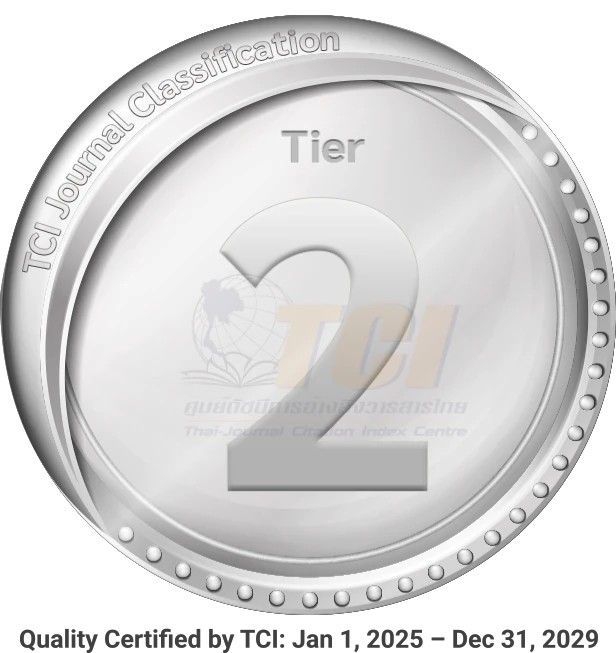The Effectiveness and Students’ Perspectives on the Roles of Gamification in EFL Grammar Instruction
A Case of Thai Secondary School
Abstract
English language instruction in Thailand is difficult due to limited opportunities for students to use the language outside of the classroom. The difficulty is exacerbated by the misconception held by a vast majority of students that the only purpose of studying English is to pass high-stakes examinations. Further, the many complex English grammar points seem to discourage students from learning it. The purpose of this study is two-fold: (1) to analyse the efficiency of gamification in English as a Foreign Language (EFL) classrooms, and (2) to better understand students’ perspectives on using gamification to study grammar. Based on a one shot pre-and post-test design, the findings showed a significant improvement in the participants' performance in English grammar. Regarding individual feedback, a range of perspectives was found, including both positive and negative aspects. These viewpoints highlighted such factors as enjoyment, engagement, and excitement in the use of gamification as well as a certain level of stress. Pedagogical implications were also discussed.




